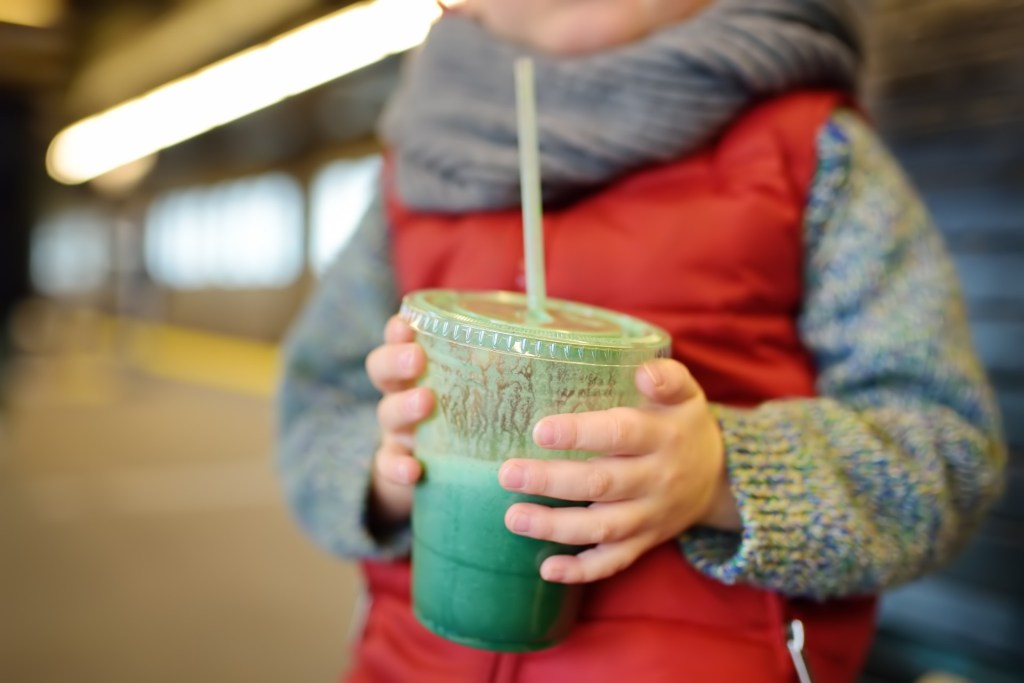
When it comes to kids, snacking is life, which is why parents do everything they can to have easy, healthy snacks for kids in the house. Kids tend to like anything quick and easy to grab, which can often mean prepackaged, sugary treats or an endless variety of crackers.
While most parents endeavor to feed their children healthy snacks, they don’t always have the time to ensure fresh fruits and vegetables are on hand. If you’re trying to up your snack game or are simply looking for some fresh inspiration when it comes to easy, healthy snacks for your kids, look no further. We’ve compiled some of the super simple yet nutritious snack ideas the whole family is sure to love.

Hard-boiled eggs
It seems so simple because it is. Keep a bowl of hard-boiled eggs in your refrigerator for your kids to grab as a quick snack. Eggs are relatively inexpensive (especially compared to other prepackaged snacks you may buy) and are loaded with vitamins crucial to your child’s growth. According to the Egg Farmers of Canada, eggs are an excellent source of iron and are a nutritious source of protein, fat, vitamins A, D, E, and B12, and choline.

Hummus and veggies
Kids love to dip, which is what makes hummus such a great snack. Keep some carrots, celery, and cucumber cut up in the fridge with store-bought hummus for a nutritious and filling snack for your kids. You can substitute ranch dressing if they don’t love hummus, but try to encourage the vegetables for dipping and avoid more carb and salt-heavy foods like crackers and bread.
Cottage cheese
Cottage cheese is a tasty and healthy snack on its own, but you can also add it to other items in your fridge. Mix cottage cheese with cut-up deli meats or diced vegetables to create a bowl, or use it to top whole grain toast along with other spreads like peanut butter.

Smoothie
It can be a struggle to get kids to eat their fruits and vegetables, which is why smoothies are such a great alternative. Create your own recipe by using the flavors your children love and add in some secret ingredients like chia seeds, spinach, or other heart-healthy seeds and vegetables.
Oatmeal
We often associate oatmeal with being just for breakfast, but it makes a quick and healthy snack for kids at any time of the day. Ditch those store-bought brands and make your own for a truly nutritious snack packed with fiber. You can add a bit of cinnamon or other spices to add some flavor and top it with a fruit of their choice.

Apples and peanut butter
Apples are a healthy fruit that most kids love, but adding some protein-rich peanut butter as a dip makes this snack more filling for your little one.
Turkey and avocado
Deli meats like turkey are high in protein and make easy and tasty snacks for kids, especially when rolled up with heart-healthy foods like avocado.
Kids are always going to want to snack, but having some healthier options on hand in the house can ensure your kids aren’t simply consuming empty calories when they’re snacking. This can also help them create healthy eating habits that they will carry with them as they grow up.



